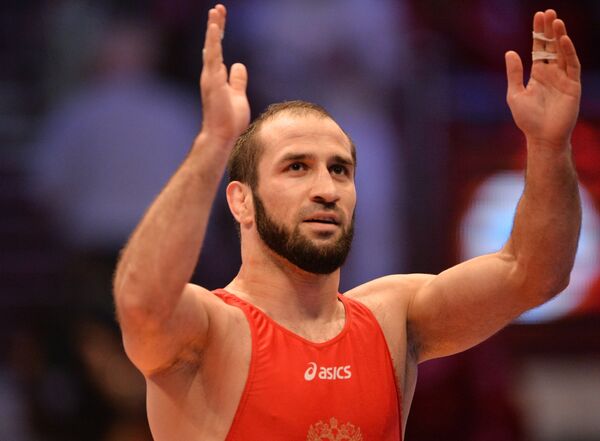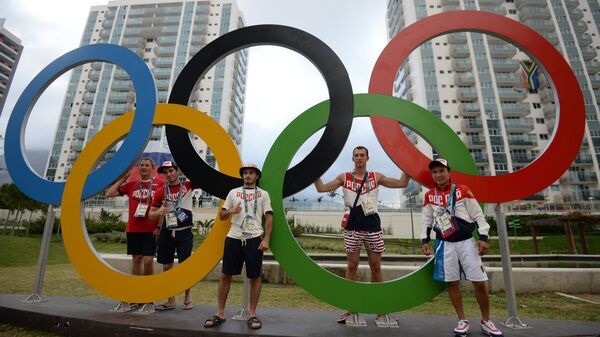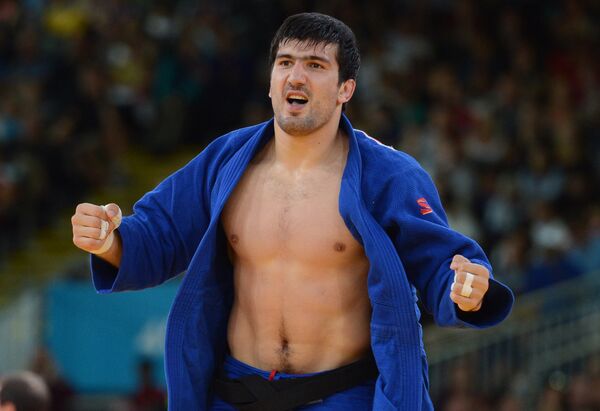1. Yana Kudryavtseva, artistic gymnastics
Russia have won every Olympic gold in artistic gymnastics since 2000.
At 18, Yana Kudryavtseva has already broken several records, becoming the youngest woman ever to win the world championships all-around title in 2013 at age 15. She is already a 13-time world champion, having won all-around titles three years in a row.
Fans have called Kudryavtseva “an angel with iron wings.” At her first world championship in 2013 in Kiev, during the rhythmic gymnastics qualification round, the music accompanying her performance was interrupted several times, but this irritating incident didn’t prevent her from completing her program with excellence.
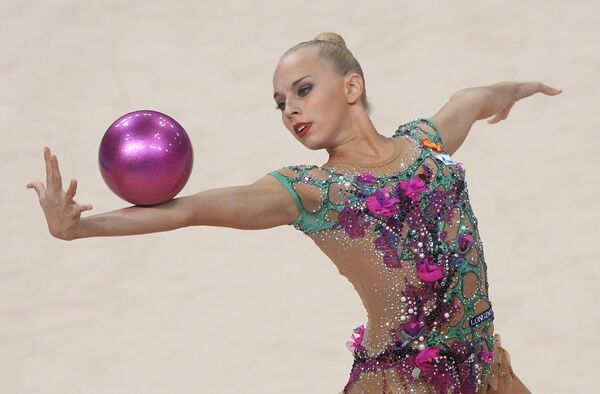
If she has recovered from the ankle injury that troubled her in 2015 and early 2016, she will be hard to beat for the gold medal, with the most obvious challenge coming from her team-mate Margarita Mamun.
2. Svetlana Romashina, synchronized swimming
Russian synchronized swimmers have accustomed everyone to victory and now most fans consider their achievements a given.
Romashina is a girl with an incredible track record: A three-time Olympic champion and an 18-time world champion, she has won in the solo, duet and group competition.
Her duet with Natalya Ischenko in Rio is bound to become a sensation among photographers, as the Russian girls constantly invent startling new moves.
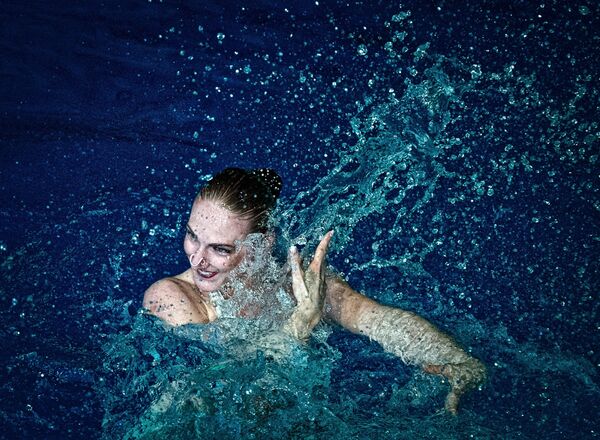
“God forbid we get a silver or bronze. Then everyone will forget our sport for 10 years,” Svetlana Romashina, Russia's top synchronized swimmer, says bitterly.
Her partner Ishchenko returned to the sport after giving birth to a son in 2013, and there is little doubt in her abilities as a competitor. She has won world championship medals 19 times.
She and Romashina are not afraid to take risks, winning the European Cup in 2015 with routines that featured them as Gypsies and aliens.
For Romashina the Rio Olympics will be her last, since she wishes to spend more time with her family. But her athletic career will not end here: Romashina plans on doing sailing sports, something that her husband introduced her to.
Leaving synchronized swimming will also present Romashina with the opportunity to develop another passion: ballet.
3. Sofiya Velikaya, fencing
Sofiya Velikaya has been part of the women's saber fencing elite for such a long time that it seems she has won everything. Well, almost everything. The seven-time world champion is still short of Olympic gold.
She had a chance four years ago in London but in the final she lost to Korean underdog Kim Ji-yeon, who performed miracles on that day.
Velikaya will try again in Rio, returning to the sport after having become a mother. In 2015 she won the world championship in Moscow, both in the individual and group competitions.
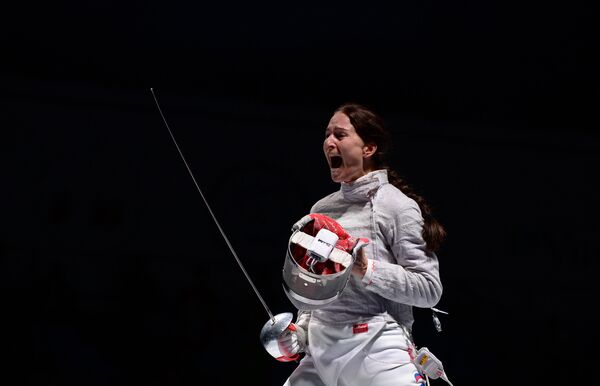
The 31-year-old athlete believes that her age is not a disadvantage but a trump: "The older the athlete, the more responsible he or she is. He is capable of maintaining his concentration, his mental state, not paying attention to things that may distract him. The athlete is mature," said Velikaya in an interview with R-Sport.
4. Tagir Khaibulaev, judo
With Russia’s president, Vladimir Putin, a lifelong practitioner and a holder of the rare eighth dan, it’s little wonder that judo is an important sport in Russia.
Tagir Khaibulaev, 31, hails from Dagestan near the Caucasus mountains, where martial arts like judo are accorded even more prestige.
After Khaibulaev won the gold medal in the 100kg class at the 2012 Olympics, President Putin was on hand to congratulate him.
He has since been less successful, winning bronze at the Judo Grand Prix in South Korea last year, but all eyes will be on him again for these Olympics.
Although the International Judo Federation has not yet approved the Russian team, its president, Marius Vizer, this week said Russia is “playing a great role in the history of our sport” and spoke out against banning the country.
5. Islambek Albiev, Greco-Roman wrestling
Islambek Albiev, 27, hails from the Caucasus region, specifically Chechnya, where wrestling is a traditional sport and martial arts are hugely popular.
At the Beijing Olympics in 2008 he became the youngest ever gold medalist in Greco-Roman wrestling, winning the praises of the Chechnyan leader Ramzan Kadyrov, $500,000 in prize money and a flat in the regional capital.
He failed to qualify for the 2012 Olympics, but will try to make a comeback at these games.
Albiev will show if he’s ready to take up the mantle of three-time gold meist Alexander Karelin, widely regarded as one of the best Greco-Roman wrestlers of all time.
